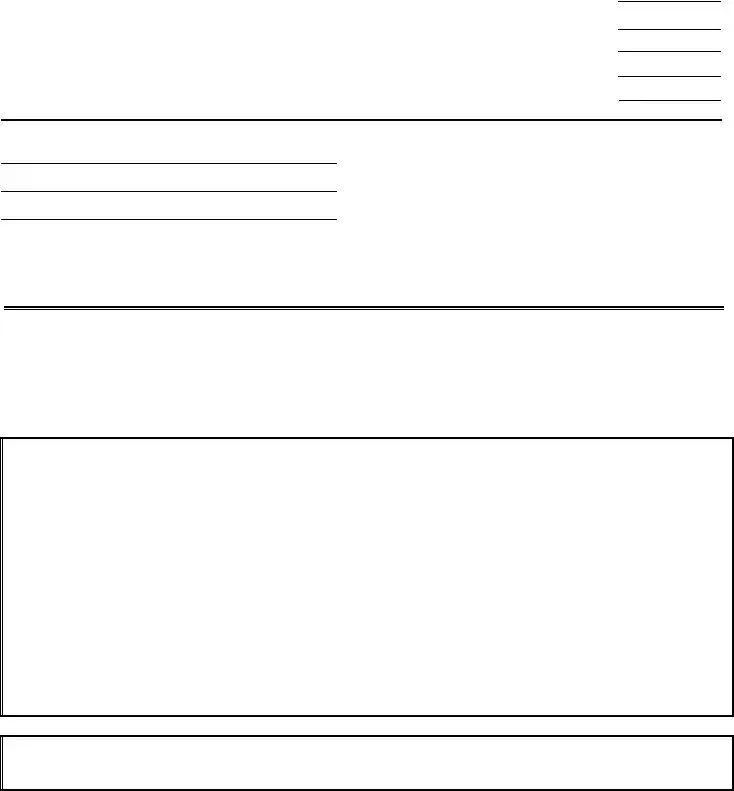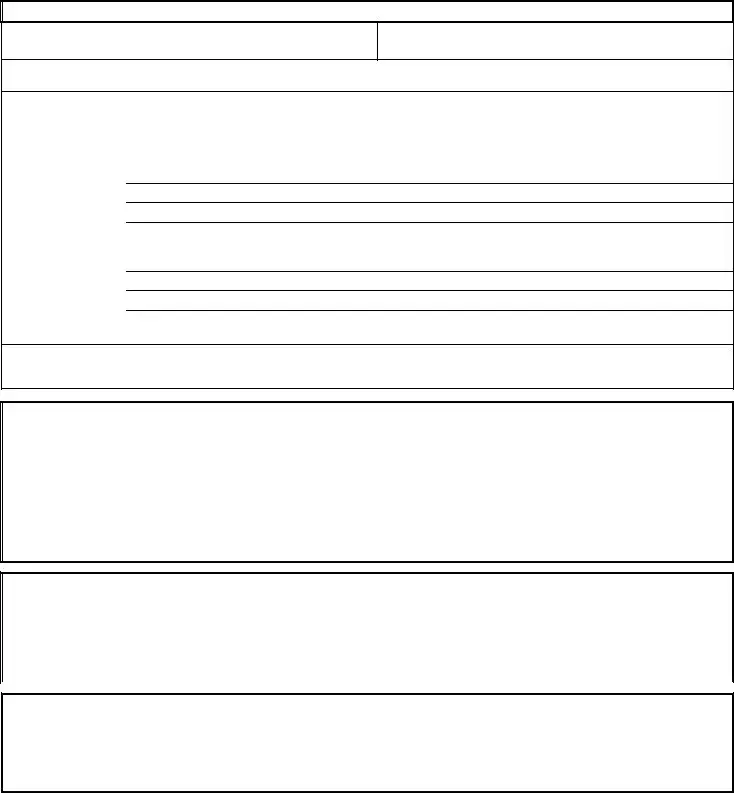The North Carolina Form 90 is a document used by the Industrial Commission to report earnings of employees receiving workers' compensation benefits. This report is crucial for verifying the continuing eligibility of employees for such benefits and updating records accordingly.
The Form 90 must be filled out by employees who are currently receiving workers' compensation benefits in North Carolina. It allows the employer or insurance carrier to verify the employee's ongoing eligibility for the benefits based on their earnings.
Reporting earnings on the Form 90 is required under the Workers' Compensation Act to ensure that employees receiving benefits are accurately reporting their income. This transparency helps in adjusting benefits if necessary, based on any additional income earned outside the employment where the injury occurred.
Earnings include any cash, wages, or salary from self-employment or any employment outside of where the injury occurred. It also encompasses commissions, bonuses, and the cash value of payments received in forms other than cash. Earnings reported should only be those accrued after the disability occurred.
What happens if earnings are not reported?
Failure to accurately report earnings can lead to criminal prosecution, civil liability, and the suspension or forfeiture of workers' compensation benefits. It is crucial to report all earnings to avoid these penalties.
How can an employee reinstating benefits if they have been suspended?
If benefits have been suspended due to failure to complete and return the Form 90, they will be immediately reinstated with back payment as soon as the form is submitted. If benefits are not reinstated promptly, the employee can request an Order from the Executive Secretary for reinstatement.
What should be done if there are no earnings to report?
If an employee does not have any earnings to report for the period in question, they must still sign and return the Form 90 to the insurance carrier or employer listed. The act of submitting the form, even without earnings, is necessary to continue receiving benefits.
Making false statements or concealing material facts to obtain workers' compensation benefits can result in civil and criminal penalties. The severity of the penalties can range from misdemeanors to felonies, depending on the amount at issue.
The completed Form 90 should be returned to the insurer or employer by the means they provided, usually by mail. Employers or insurers are required to send the form to the employee with a self-addressed stamped envelope for ease of return.
For more information or assistance with Form 90, employees can contact the North Carolina Industrial Commission via their main telephone line, helpline, or through their website. The commission provides guidance and support for both employees and employers navigating workers' compensation processes.

